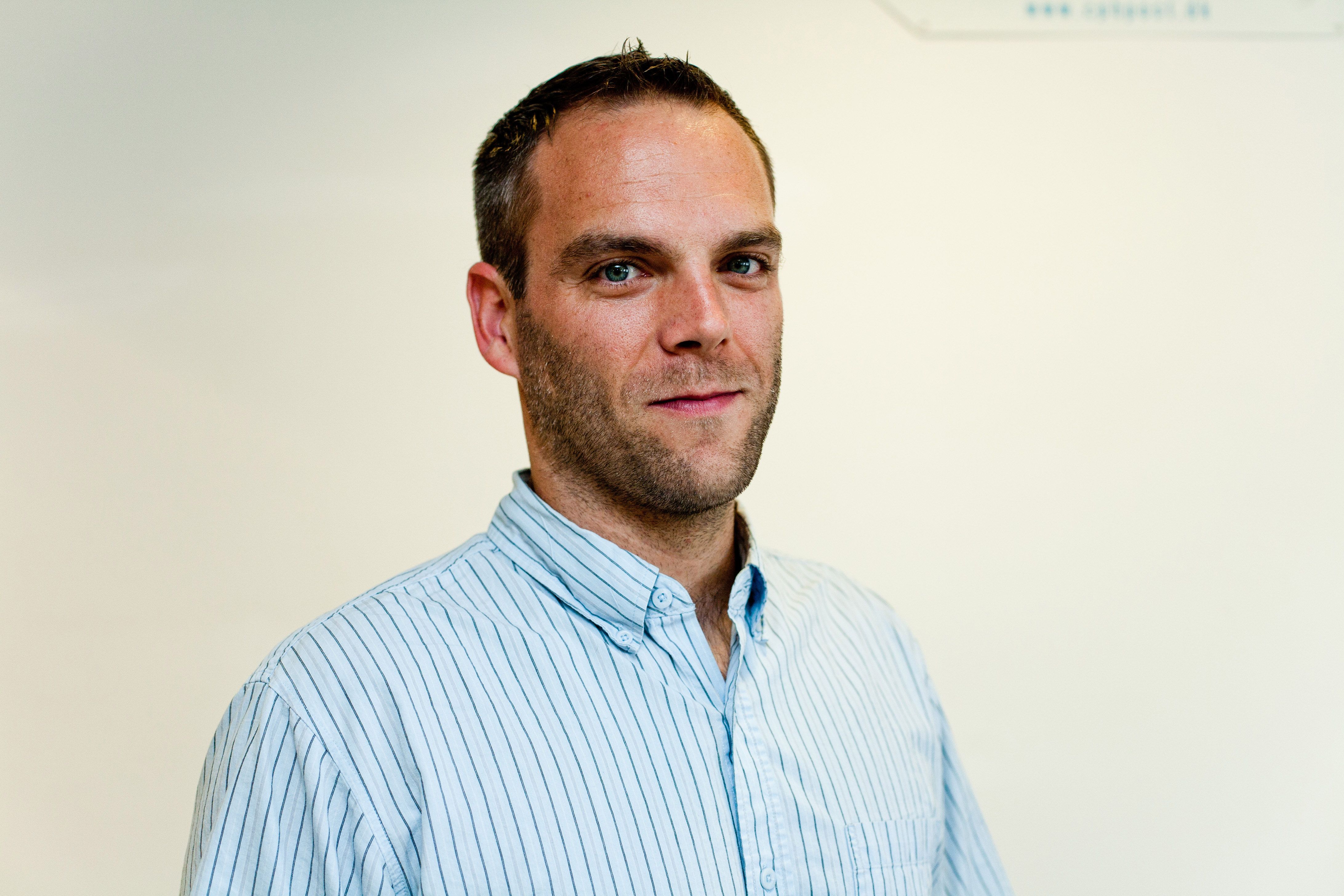Well, Lars Løkke Rasmussen finally did it. After proving pundits wrong time and time again, the prime minister finally called an election last week on Friday.
You could almost feel the collective sigh of relief from the nation’s press corps. After all, Rasmussen has been making fools of them for the best part of a year now.
After a round of high-profile debates kicked off 2011, everyone was certain there would be a spring election. The only question, apparently, was whether it would take place before or after the Easter holiday.
When that milestone came and went without an election declaration, the chattering class then speculated that the heated debate over the efterløn programme would usher in the election. Logical thinking, but no such luck.
The next suspected date was the summer holiday – would Rasmussen call an election before the lengthy break, or wait it out in the hope of spending one last summer basking in the glory – if not the sun – of being the nation’s leader?
When he chose the latter and parliament adjourned in mid-June, the rumour mill quieted down a bit – due in no small part to the fact that those who routinely need to fill column inches and air time with unfounded speculation had joined half of the country by going somewhere where the sun actually did shine.
After summer had come and gone – what, you don’t remember that one day when it actually felt like summer? – election speculation once again reached a fever pitch. Reports were rampant that last week on Tuesday would finally be the big day. But after that day ended as so many others had, with Rasmussen staying mum on an election, the commentators had to once again eat their words and chew on a new prediction. It didn’t take long. Suddenly everyone was certain it would happen on Thursday – at 4pm to be precise. Wrong again.
Then, early in the morning on Friday August 26, it finally came. News of the prime minister’s press conference quickly spread online before a tired-looking Rasmussen strode to the podium and put an end to all the conjecture.
You can hardly blame Rasmussen for waiting as long as he did. Nearly every poll has shown the opposition in the lead, so it’s easy to understand that he would want to wait it out as long as possible in the hope that his rival, Helle Thorning-Schmidt, would be beset by scandal, put her foot in her mouth, or otherwise stumble enough to affect the polls. He nearly got his wish a year ago when the Social Democrats’ leader became enveloped in a controversy over the amount of taxes paid by her British husband. In retrospect, Rasmussen may be kicking himself for not acting then. Yes, it would have been seen as a cold and calculated political move, but that’s largely how this prolonged waiting game has been viewed.
Clearly the wait was vexing. A popular blog even sprouted up entitled ‘Der bliver aldrig valg, ever’ (There will never be an election, ever) with photoshopped images of Rasmussen declaring the election would never come.
Personally, I found all this speculation quite amusing. I rather like the notion that the prime minister can gauge which way the political winds are blowing and call an election whenever it suits his fancy. As an American, this means of electing a nation’s leader seems so liberated and, well, European when compared to the first-Tuesday-of-every-fourth-November model I’m accustomed to. And while a flexible election date can lead to political instability, the set date of the American model leads to gridlock, posturing, and constant campaigning. ‘Der bliver aldrig valg, ever’ doesn’t seem that bad when compared to ‘There will always be an election, forever.’
Whereas in Denmark, there were no physical signs of an election until campaign signs went up in a flurry following Rasmussen’s announcement, in the US many haven’t come down since the 2008 election (I’m looking at you, Ron Paul supporters). And already in my home state of Iowa, which hosts the nation’s first presidential election contest in the form of caucuses, my family and friends can hardly leave their houses without bumping into Republican presidential candidates. Nevermind that the election is still 14 months off, and the caucus itself is not until February, the election is already in high gear as GOPers compete to out-Jesus and anti-science each other to get their party’s nomination.
So while here we may have grown impatient waiting for Rasmussen to pull the trigger, at least we don’t have to deal with months and months of following the mind-blowingly ridiculous statements of nutbags like Michelle Bachmann, or witness the sorry state of affairs in which an evolution-doubting secessionist like Rick Perry suddenly becomes the frontrunner for one of the nation’s two political parties.
Still, after months of talk, a three-week election seems a bit anti-climatic. But I’d rather have a short, intense election that I never thought would come than a long, dragged-out one I never thought would end.
You can follow the author on Twitter here















